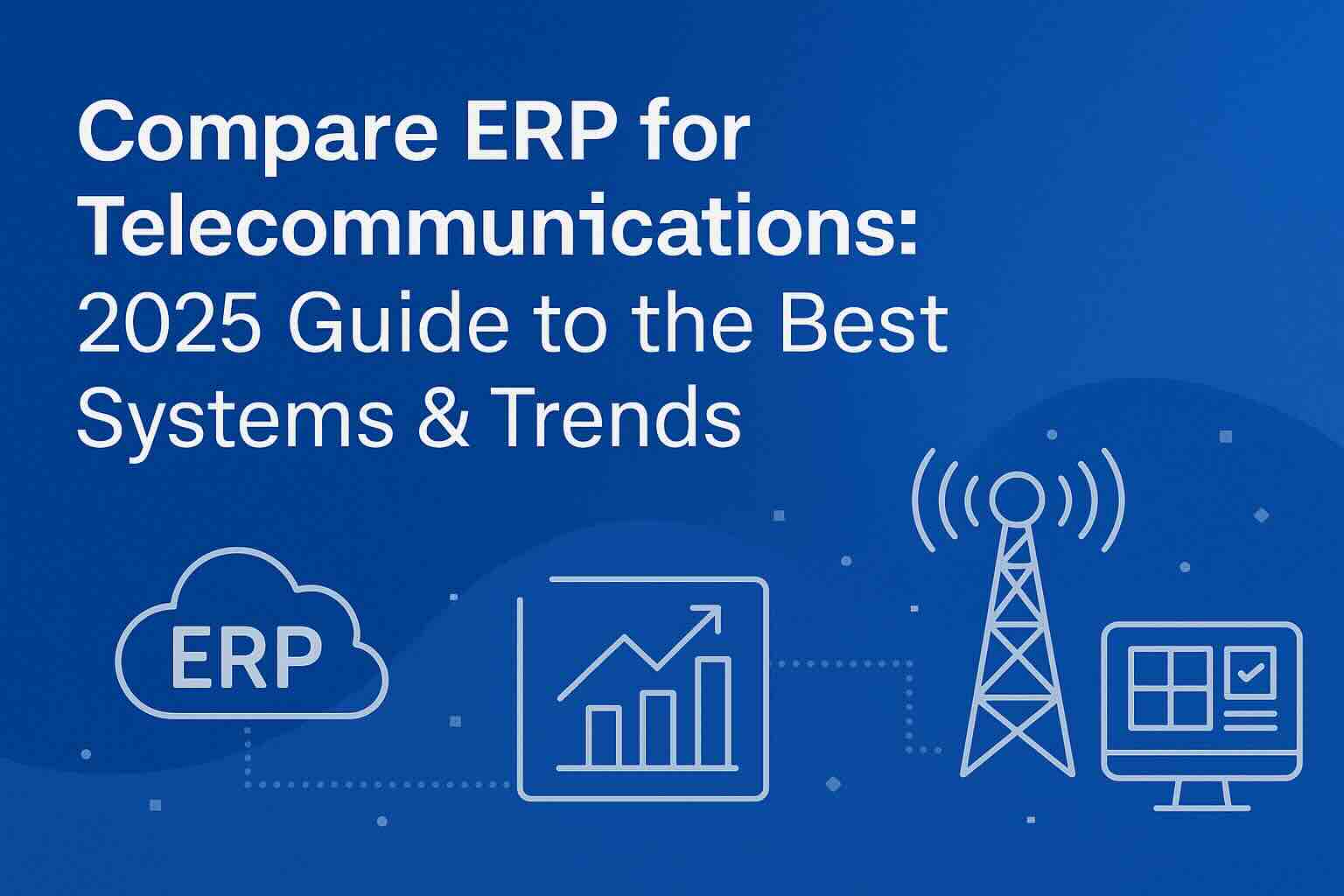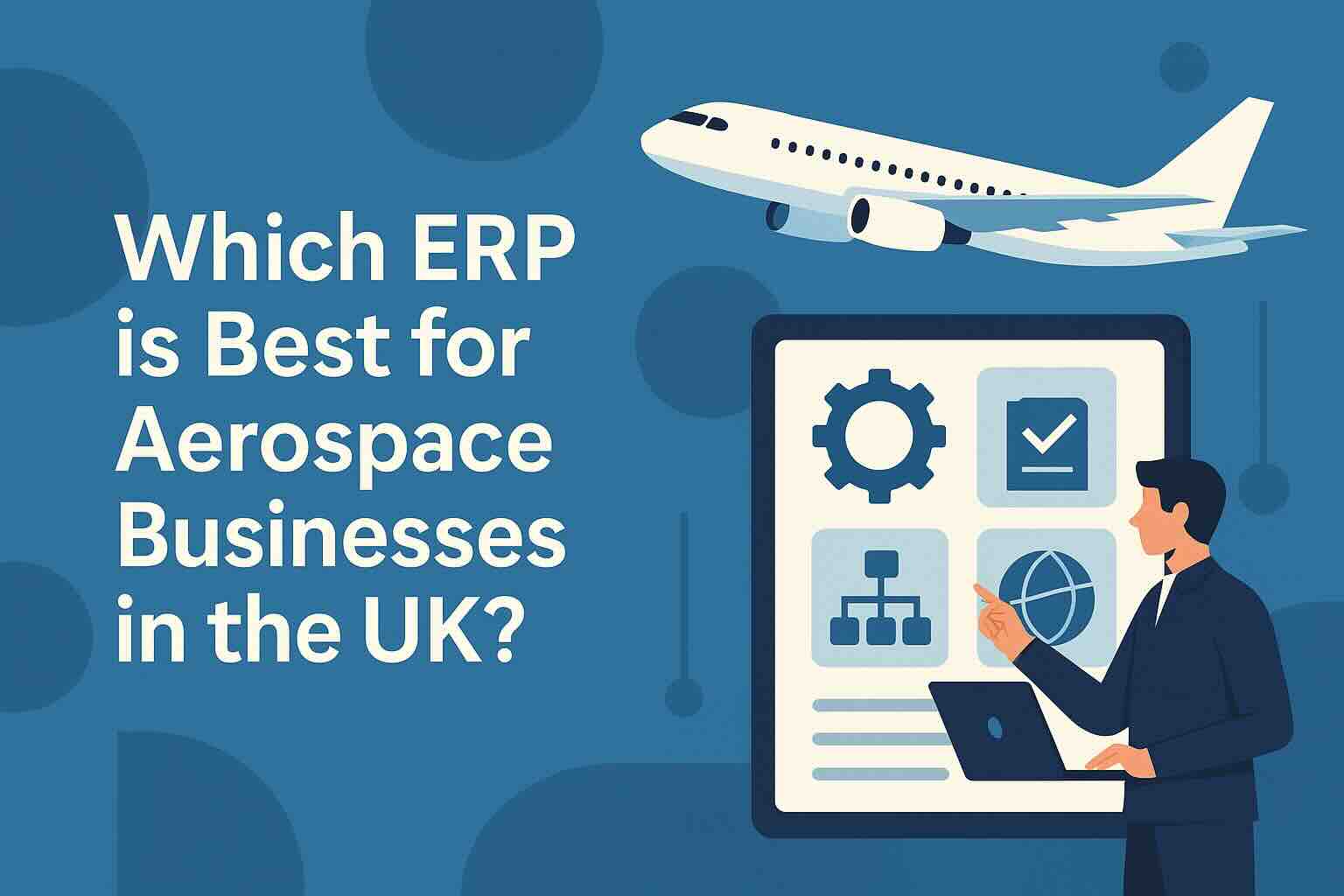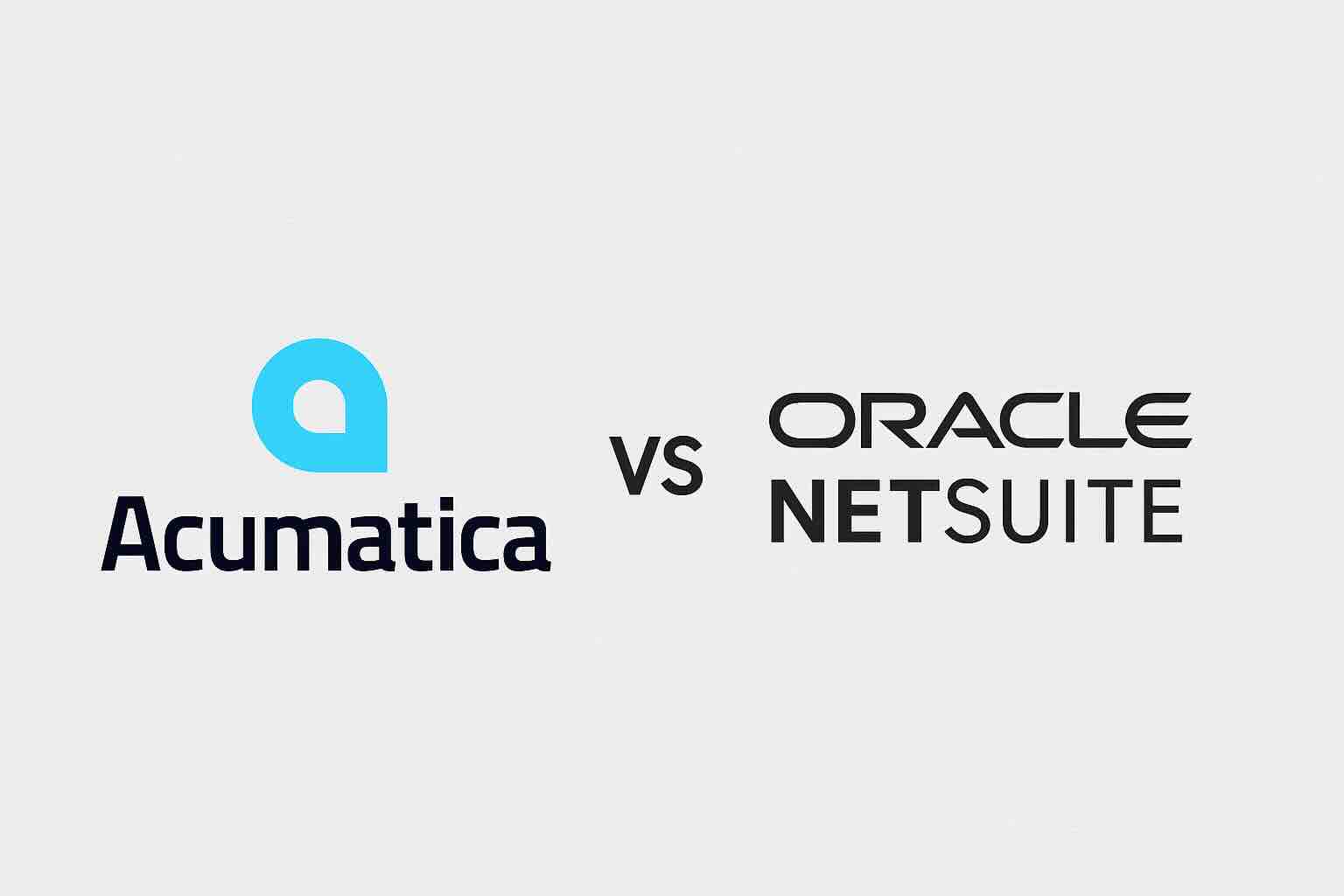Is SAP Business One a Good Choice for Banking and Financial Services?

In today’s fast-paced and highly regulated financial landscape, banks and financial institutions need powerful, adaptable tools to manage their operations effectively. SAP Business One, traditionally designed for small and medium-sized enterprises (SMEs), has gained traction in various industries, but is it a good fit for banking and financial services? Let’s explore the features of SAP Business One, its benefits for financial institutions, and whether it’s suitable for the complexities of banking.
What is SAP Business One?
SAP Business One is an enterprise resource planning (ERP) solution developed by SAP, a global leader in business software. It is designed to help companies manage their core business processes, including financial management, supply chain, inventory, and customer relations. While SAP Business One is often implemented by manufacturing, retail, and service companies, it is increasingly being evaluated by financial services and banking sectors for its ability to streamline processes, enhance compliance, and provide real-time insights into financial data.
Key Features of SAP Business One Relevant to Financial Services
For banks and financial service providers, SAP Business One offers a range of features that can help manage essential operations, ensure compliance, and improve overall efficiency. Here are some key features relevant to the financial industry:
- Financial Management SAP Business One provides robust tools for financial reporting, budgeting, and cash flow management. Banks and financial institutions can benefit from its integrated financial accounting, offering real-time insights into revenues, expenses, and overall financial performance. SAP Business One also supports multiple currencies, which is crucial for global banks or institutions dealing with foreign transactions.
- Customer Relationship Management (CRM) A strong CRM system is essential for financial services, where customer experience and relationship management are key. SAP Business One’s built-in CRM allows for better customer segmentation, targeted marketing campaigns, and enhanced customer service, enabling banks to foster long-term customer relationships.
- Regulatory Compliance and Risk Management The financial industry is heavily regulated, with stringent requirements for compliance and risk management. SAP Business One helps institutions stay compliant by automating data collection and reporting for regulatory purposes, reducing the chances of human error. Additionally, its customizable risk management tools enable banks to track key risk indicators and mitigate potential threats to business continuity.
- Data Analytics and Business Intelligence SAP Business One includes built-in analytics and reporting tools, allowing financial institutions to gain valuable insights from their data. Whether analyzing customer behavior, evaluating investment performance, or monitoring operational risks, the system provides real-time data analytics and detailed reports. This feature is crucial in the banking sector, where data-driven decision-making can significantly affect profitability and growth.
- Integration Capabilities One of the major strengths of SAP Business One is its ability to integrate with other software systems. Banks and financial institutions often rely on multiple specialized platforms, such as loan management, investment tracking, or risk management systems. SAP Business One can seamlessly integrate with these, providing a single source of truth for business operations.
Benefits of SAP Business One for Banking and Financial Services
Although SAP Business One was not originally designed for the complexities of large-scale banking operations, it offers several advantages that can appeal to smaller financial institutions and specialized financial service providers. Here are some of the key benefits:
- Scalability As a modular ERP solution, SAP Business One is scalable to meet the needs of growing financial institutions. Small banks or boutique investment firms can start with the basic financial management module and expand to include advanced features like customer management and analytics as their operations grow. This flexibility is crucial for institutions that anticipate scaling their services.
- Cost-Effective One of the most significant advantages of SAP Business One is its cost-effectiveness. For smaller banks or financial service providers, implementing a full-scale ERP solution like SAP S/4HANA might be overkill. SAP Business One offers many of the same benefits at a fraction of the cost, making it accessible to financial firms without sacrificing critical functionality.
- User-Friendly Interface SAP Business One is known for its relatively simple and intuitive interface compared to other ERP systems. For financial institutions that may not have a large in-house IT department, the ease of use can significantly reduce the time and cost associated with training staff and maintaining the system.
- Real-Time Reporting and Forecasting In banking, the ability to access real-time financial data is crucial for making informed decisions. SAP Business One’s reporting and forecasting capabilities provide detailed financial statements, profit and loss reports, and cash flow projections, allowing financial institutions to stay ahead in an increasingly competitive market.
- Enhanced Security Data security is of paramount importance in the banking industry. SAP Business One offers role-based permissions and a secure infrastructure to ensure that sensitive financial information is protected. It also provides audit trails to track changes, ensuring that financial institutions can meet their compliance obligations without additional security concerns.
Is SAP Business One the Right Fit for Your Financial Institution?
While SAP Business One offers a wealth of benefits for financial services, it may not be suitable for all institutions. Large multinational banks with complex operations might require more specialized software solutions, such as SAP S/4HANA, which is designed to handle large-scale enterprise needs. However, for smaller banks, credit unions, or financial service providers looking for an affordable, scalable ERP solution, SAP Business One can be an excellent choice.
Limitations of SAP Business One in Banking
Despite its advantages, there are some limitations to consider when evaluating SAP Business One for banking and financial services. These include:
- Limited Customization for Complex Financial Products While SAP Business One offers great functionality for standard financial management, it may require additional customization to manage complex financial products such as derivatives, structured loans, or specialized investment vehicles.
- Not Tailored for Large-Scale Operations As mentioned, SAP Business One is designed primarily for small and medium-sized enterprises. Large financial institutions with thousands of transactions per day may find the system’s capacity insufficient for their needs.
- Industry-Specific Compliance SAP Business One’s out-of-the-box compliance tools might not cover the full scope of regulatory requirements for every jurisdiction. Banks operating in heavily regulated regions may need to invest in additional compliance modules or customizations.
Conclusion
SAP Business One presents a solid, cost-effective solution for smaller financial institutions and banks looking for an ERP system to streamline operations, improve customer management, and ensure compliance with regulatory standards. While it may not be the best fit for large multinational banks with highly complex needs, its scalability, affordability, and robust feature set make it a strong contender for small to medium-sized players in the financial services industry. For those looking to grow and improve operational efficiency, SAP Business One can be a wise investment. Click this link to find out more about SAP Business One.
To compare SAP Business One with 100s of other ERP solutions, you can use our new AI-powered Compare ERP tool. It’s free to use and you get a guaranteed discount on your first year’s licence fees with a referral from Compare ERP.









